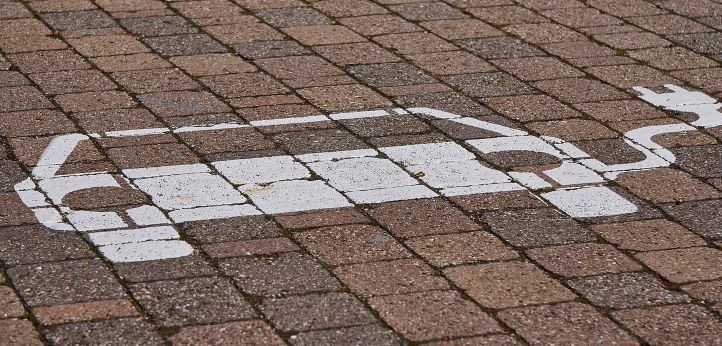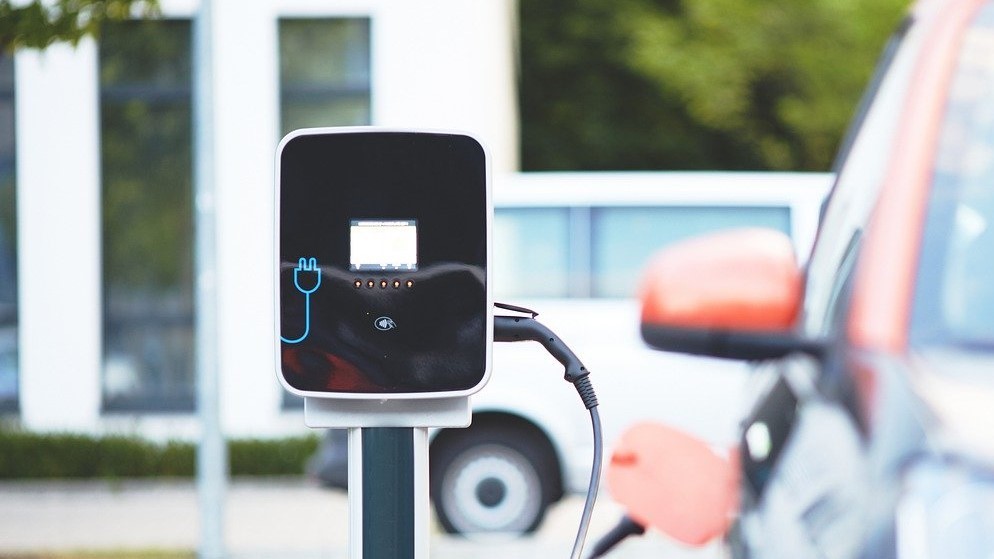The number of new passenger car registrations remained virtually stable in September compared with the same month last year. According to the Federal Motor Transport Authority, 224,502 new passenger cars were registered (minus 0.1 percent). However, September had one less working day than 2022. Adjusted for working days, an increase of just under 5 percent would have been recorded. The VDIK brands achieved a market share of just under 40 percent in September. In the first nine months since the beginning of the year, a total of 2,138,066 new passenger cars were registered, the increase compared to the same period last year was 14.5 percent.
Reinhard Zirpel, President of the Association of International Motor Vehicle Manufacturers (VDIK), said: “The pull-forward effect in August was now followed by a slowdown in September, as expected. The development of new registrations was more restrained in September. Overall, the passenger car market remains on course for noticeable growth in 2023. The market continues to thrive above all on the reduction of the high order backlog. We are therefore increasingly concerned about the continuing low order intake. Electric vehicles are also no longer growing as dynamically overall as in previous years and are therefore making less of a contribution to the market recovery.”
New registrations in September were weaker than in previous months. The main reason for this was the decline in registrations of purely battery electric vehicles (BEVs). As the subsidy for commercially registered electric cars ended with the environmental bonus in August, numerous purchases were brought forward. These new registrations were absent in September, resulting in a 28.6 percent year-on-year decline. A total of 31,714 BEVs were newly registered in September, representing a 14.1 percent share of the overall market. Year to date, BEVs posted a 42.1 percent increase.
A total of 47,097 new electric vehicles were registered in September, down 35.2 percent from the same month last year. In addition to BEVs, only 15,383 plug-in hybrids were registered, 45.6 percent fewer than in the same month last year. Plug-in hybrids have not been eligible for the environmental bonus since the beginning of the year.
New commercial registrations were still up slightly in September, by just under 6 percent. Private registrations, on the other hand, remained weak at minus 10 percent. In September, private customers thus accounted for 31 percent of the total market (37 percent in the same month of the previous year).
Commercial vehicles recorded growth of 7.3 percent in September. This corresponds to 27,099 new registrations. In the first nine months of 2023, growth of 21.6 percent was achieved.
| September | January – September | ||||
|---|---|---|---|---|---|
| +/- (%) | Share of total car market (%) |
+/- (%) | |||
| Passenger car | 224,502 | -0,1 | 2,138,066 | 14,5 | |
| – VDIK-brands | 89,493 | 2,7 | 39,9 | 832,910 | 12,9 |
| – german brands | 128,767 | 5,5 | 57,4 | 1,230,286 | 15,0 |
| – other brands | 6,242 | -59,9 | 2,8 | 74,870 | 24,0 |
| Electric vehicles (total) | 47,097 | -35,2 | 21,0 | 510,832 | 4,6 |
| – purely battery-powered | 31,714 | -28,6 | 14,1 | 387,289 | 42,1 |
| – plug-in-hybrids | 15,383 | -45,6 | 6,9 | 123,345 | -42,8 |
| Commercial vehicle | 27,099 | 7,3 | 272,558 | 21,6 | |
Source: KBA, VDIK





